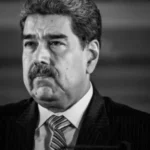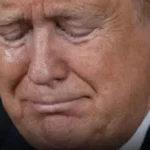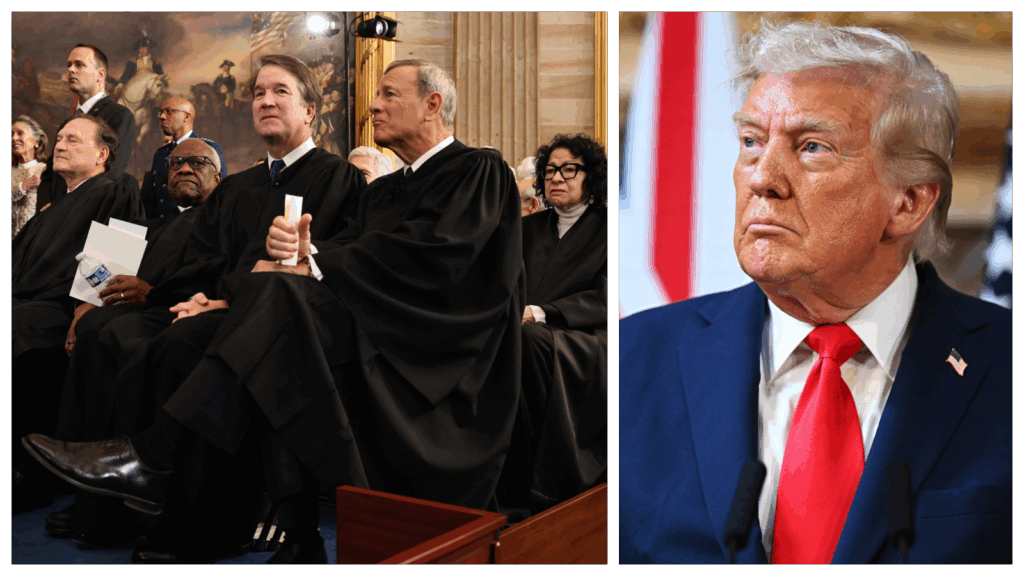The House Intelligence Committee chief has issued a serious warning that foreign actors are actively conspiring to sow discord within the United States, using misinformation, covert influence operations, and targeted division tactics aimed at weakening public trust, national unity, and key democratic institutions across the country.
President Donald Trump has publicly warned that “foreign interests” are attempting to undermine his tariff policies by pushing to have them struck down at the U.S. Supreme Court. He framed this effort as an attempt to influence the 2026 midterm elections, suggesting that foreign actors view weakening U.S. tariff laws as a way to destabilize the country politically. Trump emphasized that if the Supreme Court rules against the administration and overturns the tariffs, the U.S. could be forced to repay hundreds of billions of dollars to foreign governments. On Truth Social, he argued that those opposing the tariffs are aligned with “hostile foreign interests,” insisting that maintaining the tariff structure is essential for national prosperity and economic independence. He also asserted that the full benefits of the tariffs have yet to be realized because many companies stockpiled inventory early on to temporarily avoid tariff payments, but he believes that the financial gains for the U.S. will soon surge as those stockpiles deplete.
In parallel with the tariff dispute, national security concerns have also taken center stage in Congress. Representative Rick Crawford, R-Ark., who now leads the House Intelligence Committee, has been calling for substantial reforms to America’s intelligence and counterintelligence systems. In an interview with Just the News, Crawford described an evolving threat landscape in which both state and non-state foreign actors collaborate with individuals inside the United States to create division and destabilization. He highlighted that adversarial governments—specifically China, Russia, and Iran—are exploiting America’s existing political polarization to sow discord and weaken social cohesion. According to Crawford, these foreign entities don’t operate alone; they often leverage American citizens or U.S.-based networks, sometimes ideologically aligned or financially incentivized, to carry out influence operations.
Crawford elaborated on the varied tactics used by foreign powers to project influence within the United States. He noted that some countries might fund cyberattacks against American targets, while others—particularly China—might covertly mobilize diaspora communities who retain loyalty or cultural ties to their countries of origin. Such individuals might be U.S. citizens but still susceptible to foreign pressure or manipulation. Crawford pointed to what he described as a recent example involving Chinese nationals in Michigan as evidence of an increasingly sophisticated model of influence and infiltration. The convergence of cyber intrusions, diaspora manipulation, and covert alliances between overseas operatives and domestic actors, he argued, makes the issue an urgent matter of national security. To address these threats, he emphasized the need for immediate counterintelligence reforms to strengthen detection, monitoring, and disruption of malign foreign activity.
In his remarks, Crawford also praised FBI Director Kash Patel for what he sees as effective leadership within the intelligence community. According to Crawford, Patel has introduced innovative approaches and reforms designed to modernize intelligence operations, improve coordination, and develop new strategies for countering foreign threats. He urged other intelligence agencies to adopt similar forward-leaning strategies to prevent adversaries from gaining traction within U.S. borders. Crawford’s comments come at a time when the Treasury Department, the Internal Revenue Service (IRS), and the FBI are increasing their collaboration to investigate how foreign organizations are exploiting weaknesses in American tax laws. The concern is that these loopholes may be helping foreign groups finance political disruption, extremist activity, or other forms of destabilization inside the country. This broader, inter-agency effort reflects a growing realization that foreign interference is no longer limited to cyberwarfare or propaganda but may also extend into financial and legal systems.
Meanwhile, the administration continues to defend the legality and purpose of its tariff policies within the judicial system. Howard Lutnick, the Secretary of Commerce, expressed strong confidence that the administration will prevail in the Supreme Court case challenging Trump’s tariffs. Speaking on Fox Business’ “Mornings with Maria,” Lutnick argued that tariffs remain a critical tool for protecting American manufacturing from unfair foreign competition. He described tariffs not only as an economic measure but also as a key component of national security strategy, aimed at safeguarding essential industries and preventing economic vulnerabilities. Lutnick said he attended the Supreme Court oral arguments and left confident that the administration’s position would be upheld. He characterized the legal foundation of the tariffs as “clear,” and he reiterated that global competitors have been engaging in unfair practices that justify strong trade countermeasures.
When asked what tools the president might use if the Supreme Court rules against the administration, Lutnick emphasized that the president retains many options under existing U.S. trade law. He specifically referenced Sections 232, 301, and 338—provisions that allow presidents to impose tariffs, quotas, or trade restrictions in the name of national security or to counter foreign trade abuses. Lutnick suggested that even if the Court dismisses one set of tariffs, alternative legal pathways remain fully available to maintain strong economic protections. Taken together, Trump’s statements, Crawford’s national security warnings, and Lutnick’s confidence in the administration’s trade strategy demonstrate a broader narrative: the administration views tariffs, intelligence reform, and foreign threat deterrence as interconnected elements of a larger national security framework. The ongoing Supreme Court case, debates over foreign interference, and calls for intelligence reform all highlight the administration’s belief that economic stability, political security, and counterintelligence readiness must function in unison to protect the United States.





